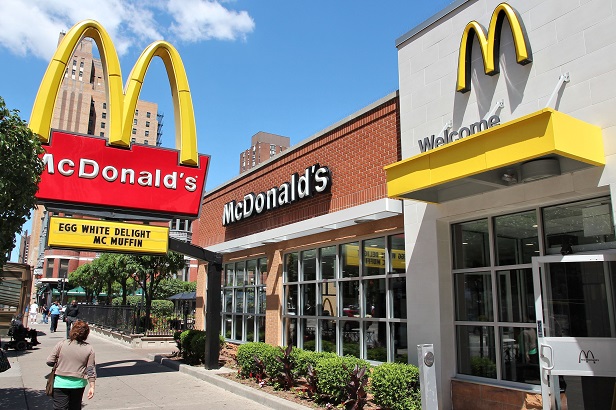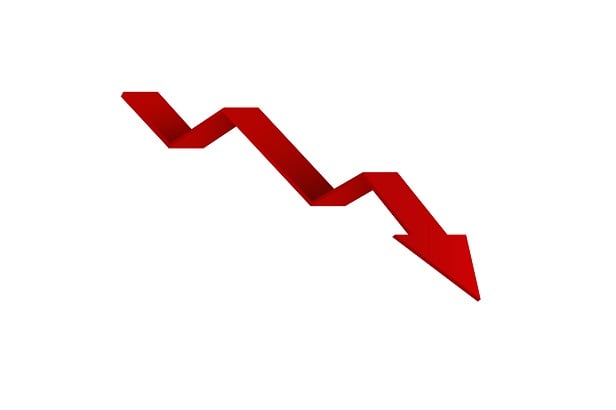 Los Angeles
Los Angeles
Not all retailers are suffering in the wake of the coronavirus pandemic. Grocery-anchored retail centers are performing well through the outbreak as people rush to stock up on essential goods and restaurants have shuttered for public safety.
“Many of us in Western society have come to consider our food supply as rock-solid. However, with the prospect of being home bound for extended periods and the fear of stock-outs, many have rediscovered the grocery store anchoring the neighborhood shopping center after finding that online sources were unreliable and mob scenes at the warehouse club,” Gary Tenzer, co-founding principal at George Smith Partners, tells GlobeSt.com. “Somehow, the familiarity of shopping locally seems comforting in troubled times and, more importantly, shoppers can more easily return to the store several times a week to try to buy items that they have found out of stock.”
Investors have been betting on grocery-anchored retail as a way to compete with online shopping sales. As a result, it has become one of the most popular retail investment classes this cycle—an investment philosophy that is paying off in the current economic event. “Through strong and weak economic cycles, the neighborhood grocery-anchored shopping center has been a favored retail property class for lenders who recognize that the grocery-anchor is a significant draw to customers that frequent the service businesses that typically are tenants in the side shops and provide cash flow stability to the center,” says Tenzer. “In contrast, unanchored centers experience the most distress in downturns as the small service-oriented tenants are typically undercapitalized and often cannot weather downturns.”
The same is true today. While grocery stores are active, all other retail is suffering. “I would expect that the coronavirus will affect sales very positively at the grocery anchor, but the restaurants and side shops in the centers will be hurt badly in the ensuing downturn,” says Tenzer. “Many tenants will negotiate rent reductions with their landlords, but some may fail and go out of business. The loss of tenant income will impose significant cash flow stress on landlords and on debt coverage covenants in loans. The landlords that are well capitalized will be able to weather the downturn, but those that are not, will need to work with their lenders to modify the terms of payment.”
As a result, landlords will likely need to address tenants that have been impacted by the outbreak. “One day we will get back to our normal lives but, in the interim, if lenders will not restructure, some centers will fail,” says Tenzer. “Some borrowers with equity to protect will seek Chapter 11 protection, others will give the properties back to the lender. This will become buying opportunities for investors that have liquidity and tenant relationships that can quickly backfill the vacant spaces.”





 Home
Home









 Copyright © 2024 ALM Global, LLC. All Rights Reserved.
Copyright © 2024 ALM Global, LLC. All Rights Reserved.